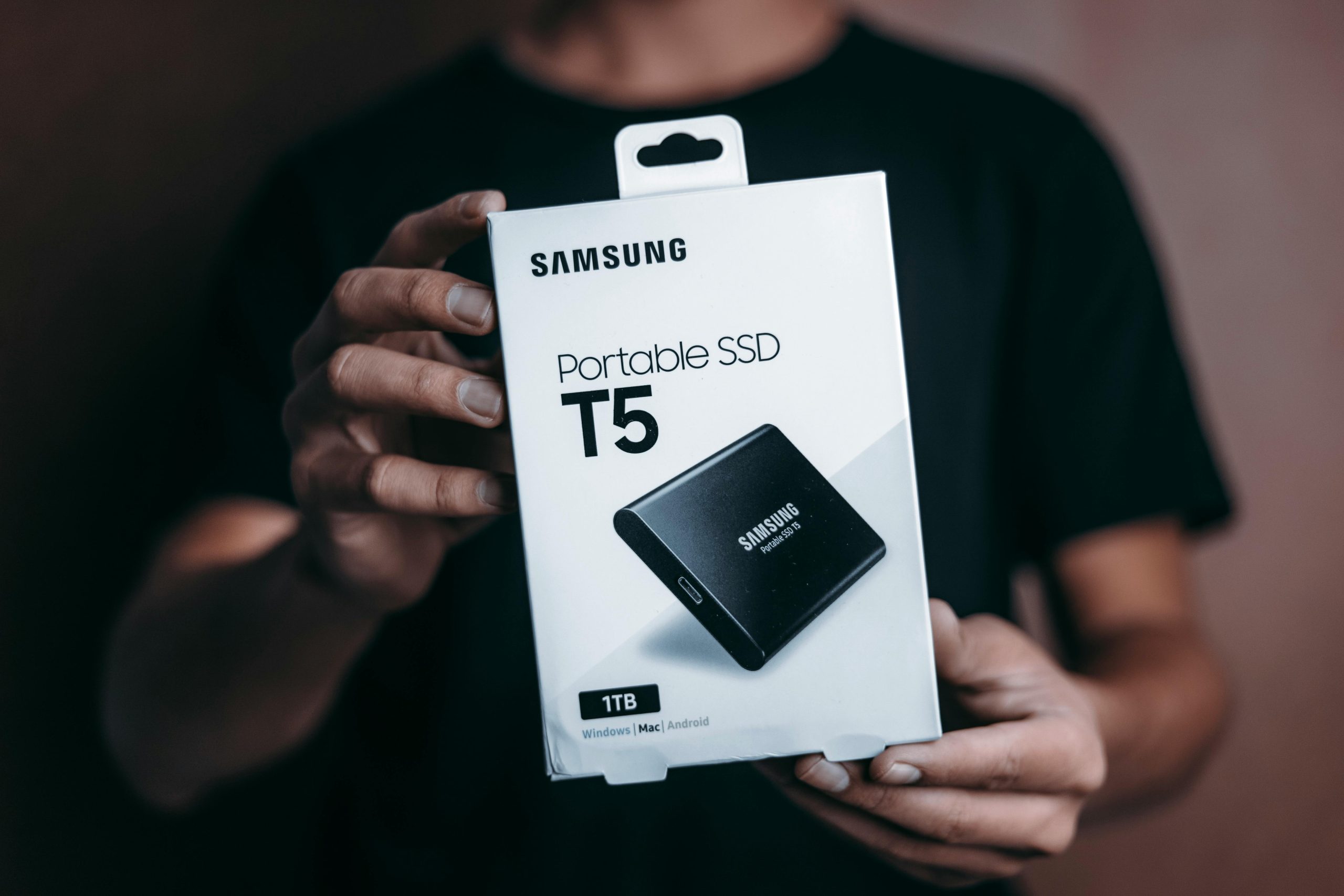What to Do When Your External Hard Drive is Failing: A Guide for Those on a Budget
Having reliable storage for your digital files is essential, especially for tasks like music production, video editing, and gaming. If you’ve invested in an external hard drive, you likely consider it a valuable resource. But what happens when that drive starts to show signs of failure? This situation is all too common, and it can be particularly stressful when finances are tight.
Signs of a Failing Hard Drive
In many cases, external hard drives can begin to fail without any obvious warning signs. You might notice strange noises, frequent disconnections, or the drive not being recognized by your computer. For those who store large amounts of data—like VSTs for music production, past projects, or gaming files—this can be a significant issue.
Understanding the Problem
In your case, it sounds like your 1TB external hard drive has already begun to deteriorate, leading to a sense of urgency in needing a solution. Factors such as continuous usage while plugged in, or wearing it down through high-demand activities like music and video production, could potentially impact its longevity. However, the exact cause can sometimes be difficult to pinpoint without a thorough diagnostic.
Strategies to Mitigate Loss
If you find yourself in this predicament and can’t afford to purchase a new drive just yet, consider the following strategies to safeguard your data:
1. Prioritize Your Data
Identify the most critical files you need access to immediately, such as your VSTs for ongoing commissions. Focus on transferring or backing up these essential items first, if possible.
2. Use Cloud Storage Services
Take advantage of online cloud storage services that offer free tiers. Platforms like Google Drive or Dropbox can provide a temporary solution for your most urgent files, allowing you to access them without relying solely on your failing hard drive.
3. Free Up Space on Your Laptop
Examine your laptop’s internal storage to see if you can move any less-critical files to another location, freeing up enough space to back up your crucial data.
4. Safeguard Your Hard Drive
If you notice your external drive struggles, try to minimize its use. Avoid leaving it plugged in when it’s not in use, as this could help prevent further damage.
5. Consider DIY Repair Options
In some cases, specialized software may help diagnose and repair minor
Share this content:




I’m sorry to hear about your hard drive issues. When dealing with a failing external drive, it’s crucial to prioritize your data to prevent any potential loss. Here are some additional tips that might help you manage the situation effectively:
While I understand budget constraints, prioritizing data backup now can save you significant stress and cost later